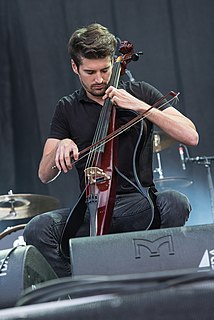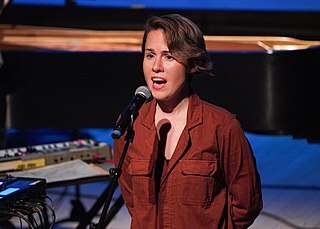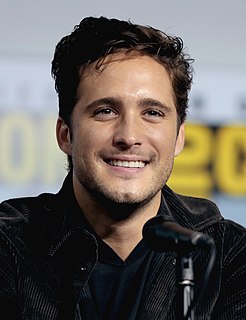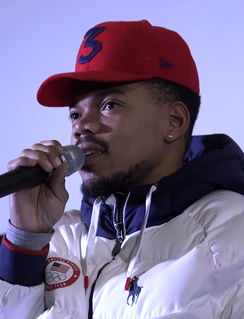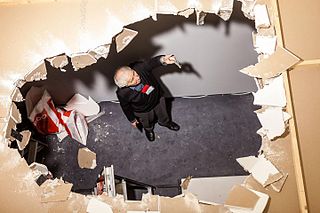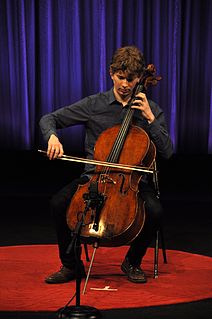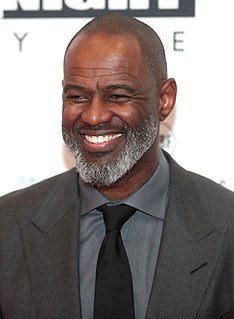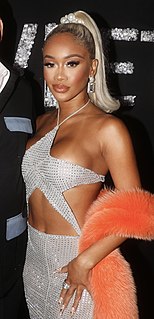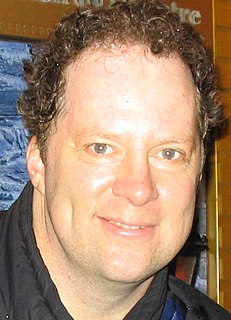A Quote by Luka Sulic
Of course we had the best possible classical education, which gave us a very strong foundation and tradition. But we also learned a lot by collaborating with different pop/rock artists and especially by recording and working in the studio.
Related Quotes
There's a bit of a new guard of contemporary classical musicians in New York, and we play a lot of different kinds of music together. We do pop studio sessions, and we'll also play John Cage and more avant-garde work. We're developing a language of music that comes with a lot of different styles, different kinds of work.
A lot of artists were members of the artistic union. It gave you the possibility to buy paints, canvases, brushes, even the possibility to get a studio if you had the money to build it. It also gave you the possibility to make your living by making official art and then you would get a lot of "official" commissions: portraits, paintings, murals, etc.
